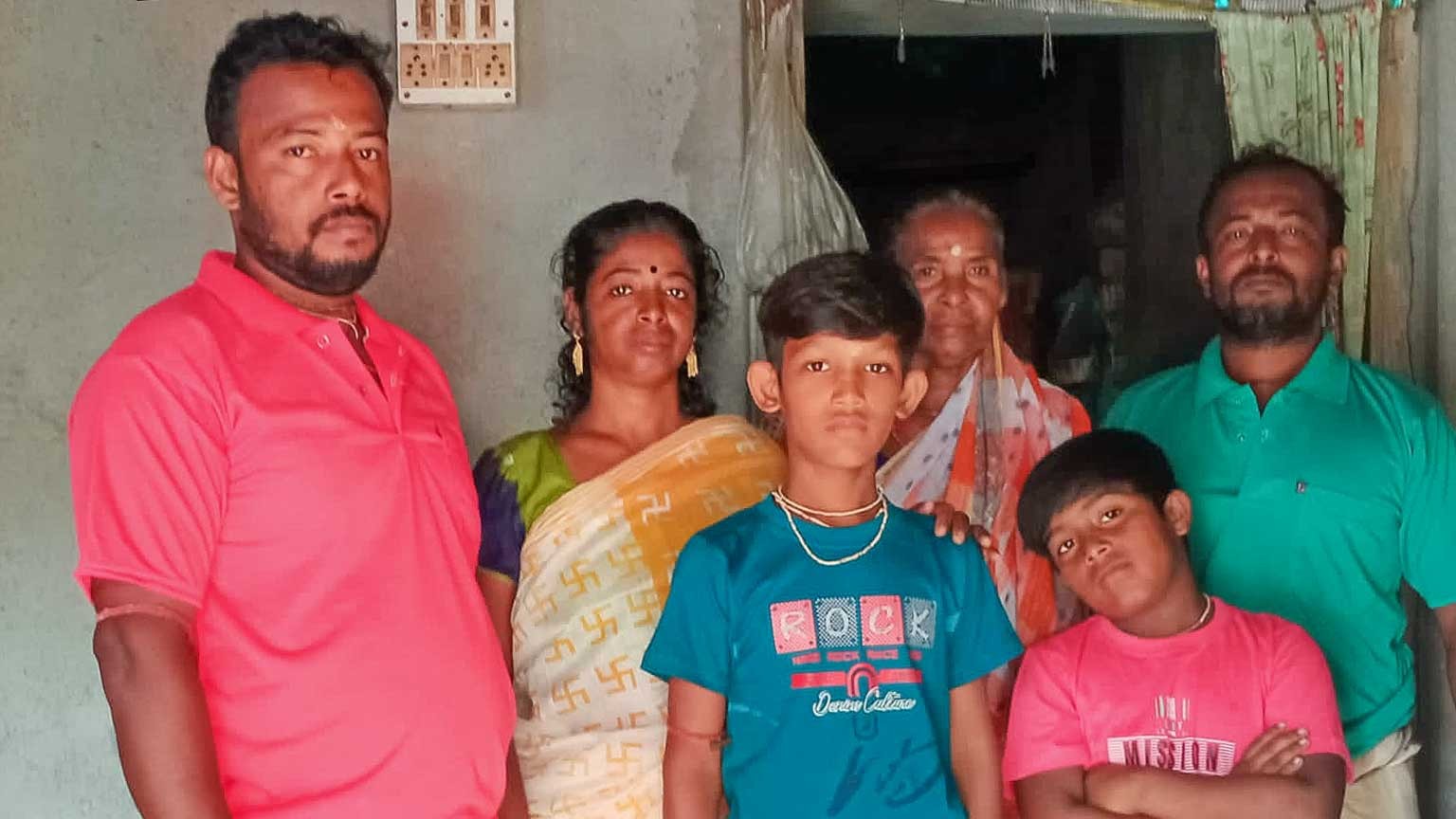Disaster claims three sons
Subhadra Gayen, 68, lives in a rural village in a house she used to share with her three sons: Haran, Nishikanta, and Dibakar.
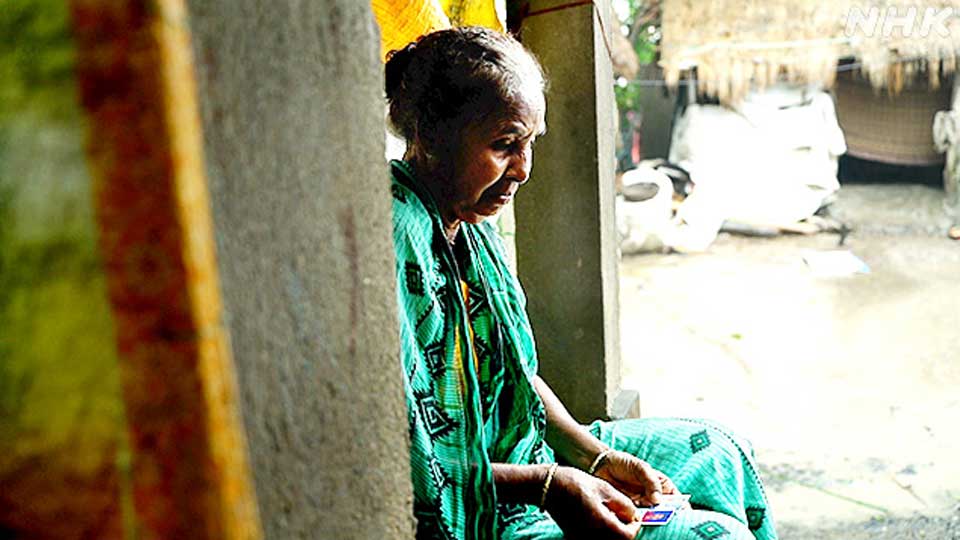
Subhadra said her sons were her pride and joy after she lost her husband 30 years ago. She was unable to work due to chronic illness, so the sons suggested they all live together.
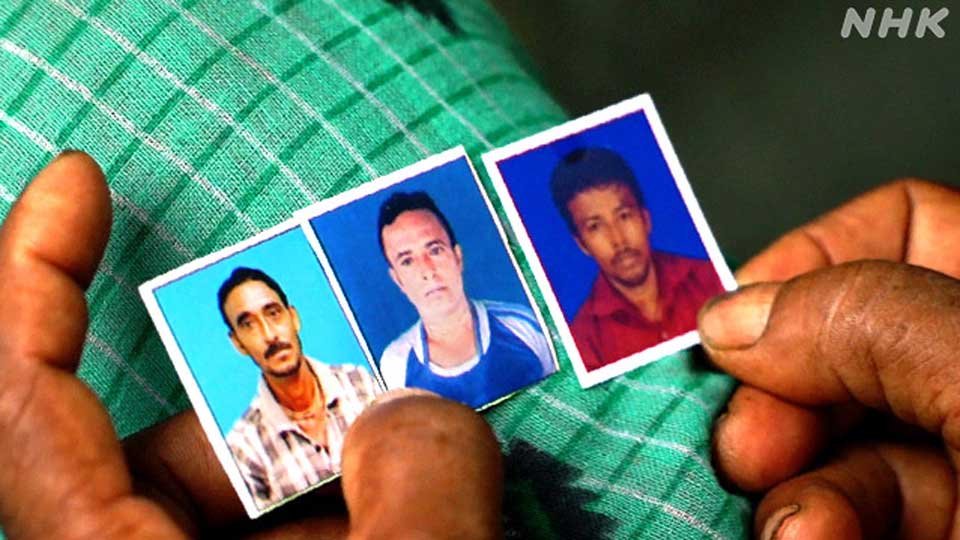
The three men worked as agricultural day laborers, whose daily wages were about 300 rupees each – about 500 yen or 3.6 dollars.
1,000 kilometer-long commute
Two years ago, the brothers found jobs in a large city in the southern state of Andhra Pradesh that would roughly triple their earnings.
Andhra Pradesh is about 1,000 kilometers from their home village. Despite the distance, the sons started going there to work for a few months out of the year.
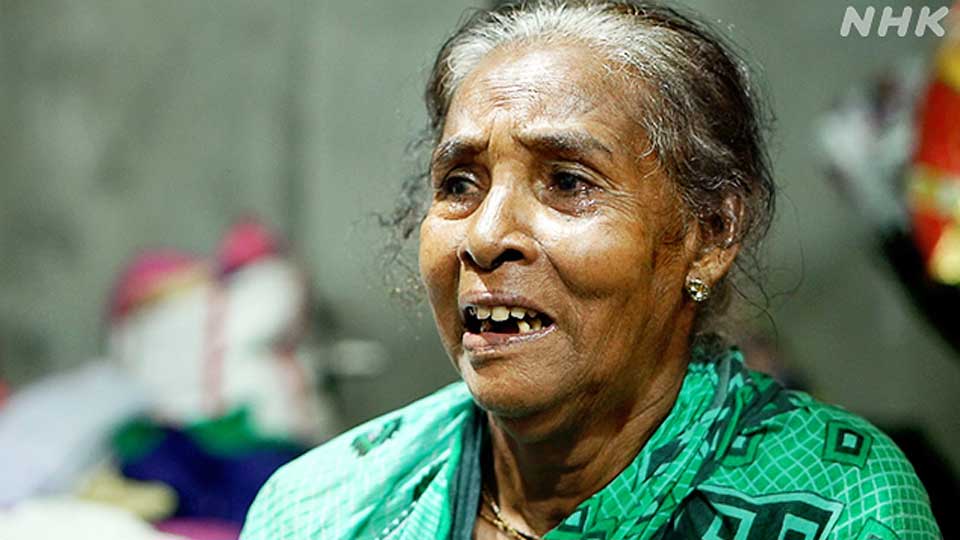
Overturned train cars on twisted tracks
But tragedy struck on the evening of June 2.
According to the railroad company, an express train traveling south from West Bengal to Chennai derailed onto an adjacent track where it was struck by an express traveling in the opposite direction.
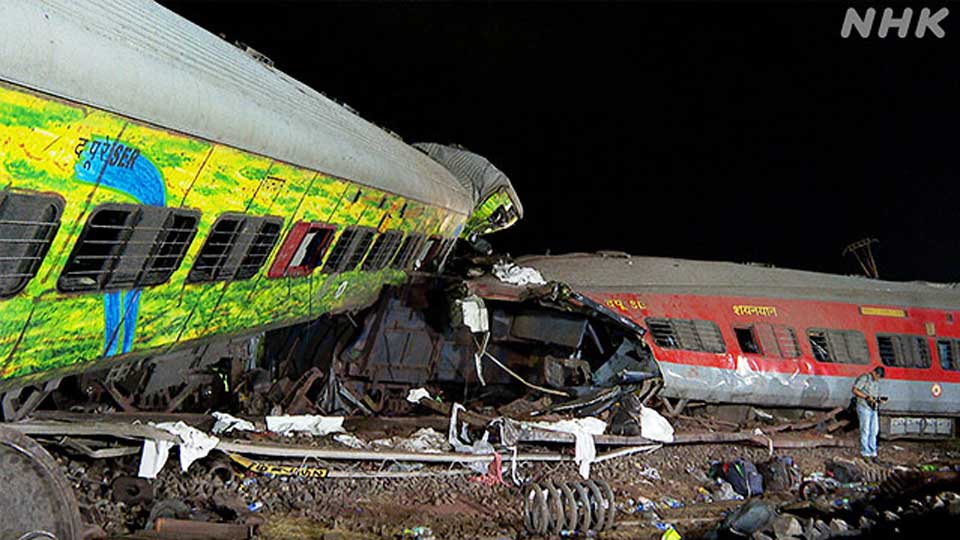
At the scene of the accident, overturned train cars lay scattered across the twisted tracks. People transported bodies to a nearby school that had been turned into a makeshift morgue.
The railway authorities put the death toll at 295, with more than 1,000 people injured.
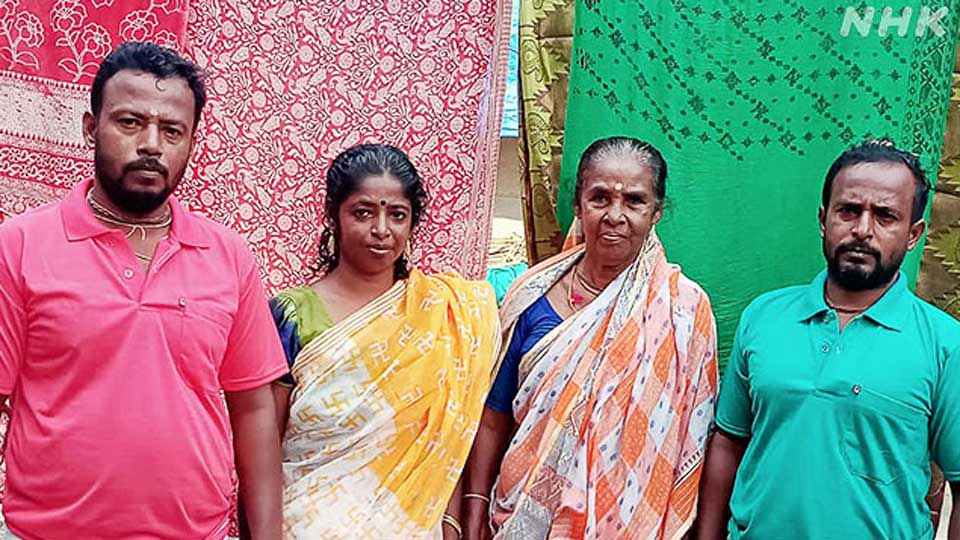
The train line on which the accident occurred connects the eastern part of the country – a relatively poor region – with an urban area in the south. Many of the victims were migrant commuters like Subhadra's sons.
Ineligible for compensation
Identifying victims has been difficult due to the poor condition of the remains. As of July 2, more than 50 bodies have not yet been identified, leaving some victims' families unable to receive any compensation.
One of them is Shibani Sardar, 25, who lives in a rural village in West Bengal. Her husband, Samar, 27, was also a migrant worker who left his home to commute to a distant job on June 2.
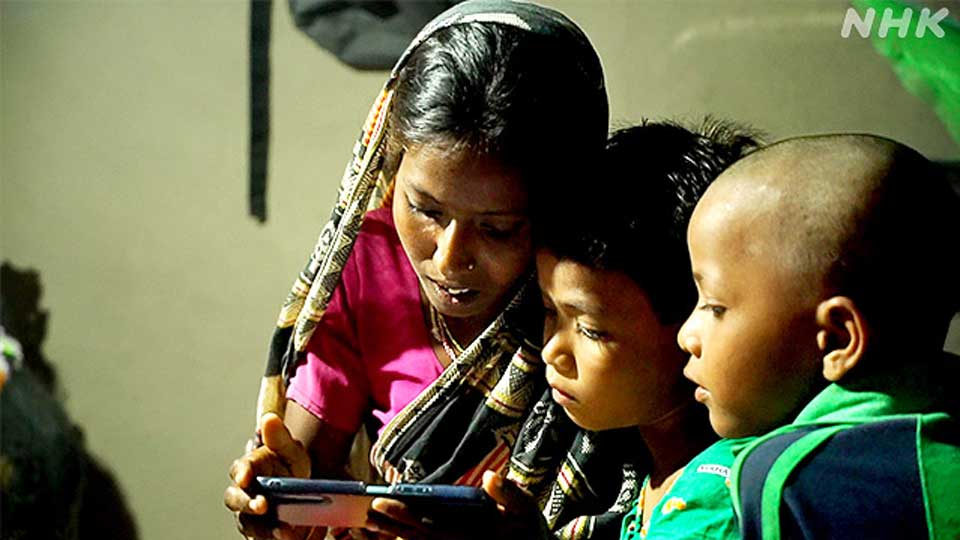
One of Shibani's fellow villagers who survived the disaster told her that Samar was on the train with them.
The villager told her they had seen a body at the disaster site with the same physical features as Samar, wearing similar clothing.
Shibani has not heard from her husband, and still holds on to hope that he is alive, but she said she has to face the harsh realities.
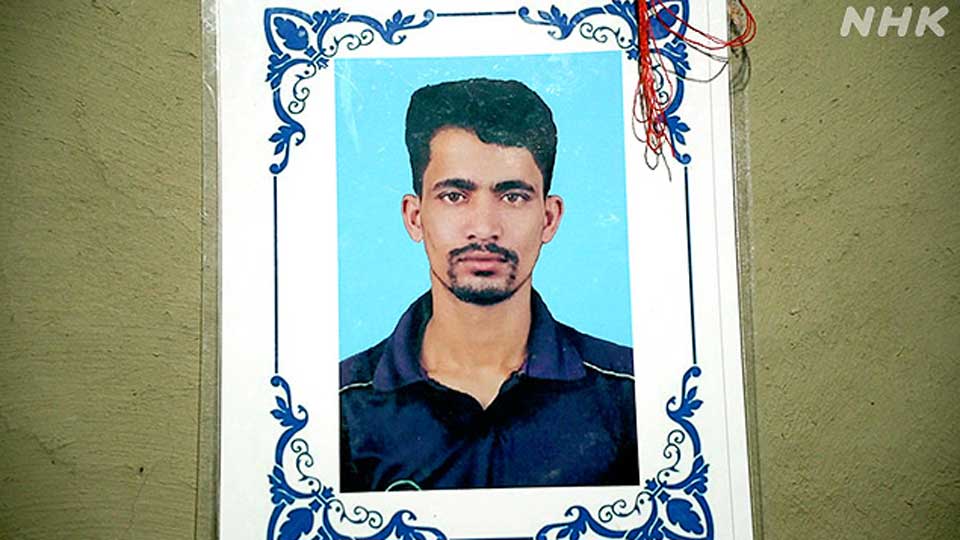
Shibani has two children, ages eight and ten, so she applied for her family to receive government compensation after Samar's death.
However, authorities told Shibani that her husband's body had not been found, and that since no one could prove that he had died, she was not eligible for compensation.
"I am being asked to prove my husband's death, but I cannot do so because I have no proof," Shibani says. "I am constantly worried about my life and don't know how to make ends meet or pay for my children's education."
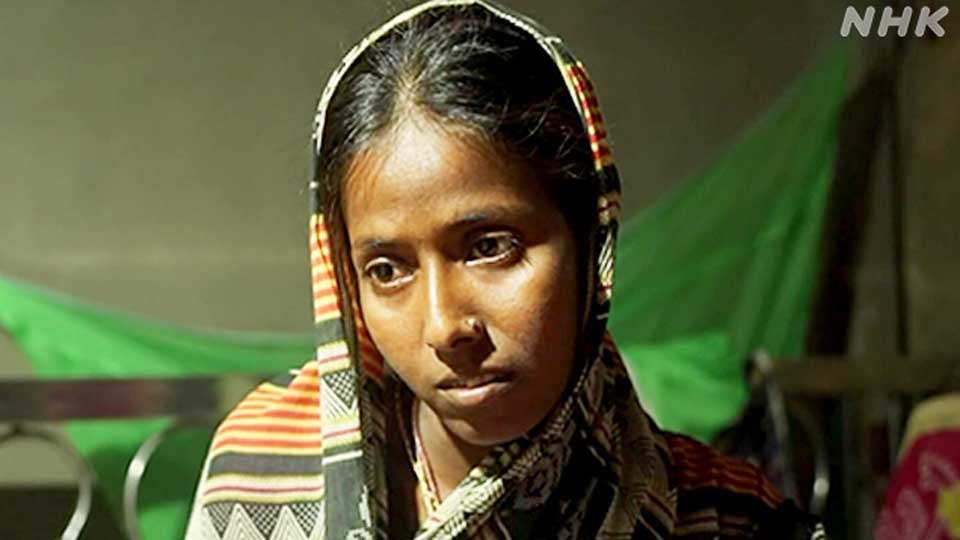
Safety issues plague India's railways
India boasts one of the world's largest rail systems, with a total length of over 60,000 kilometers. Fares are low, and trains are an important mode of transportation for the public.
However, the country has a long history of deadly accidents, and experts point to problems in safety management.
According to Sudhanshu Mani, a former Indian Railways mechanical officer, its challenges include aging infrastructure as well as a lag in following industry standards to implement safety devices to prevent collisions.
"There is also the problem of having too many trains in operation, which limits time that can be allotted to maintenance and service work, and I think this leads to a tendency to neglect work for following safety precautions," he says.
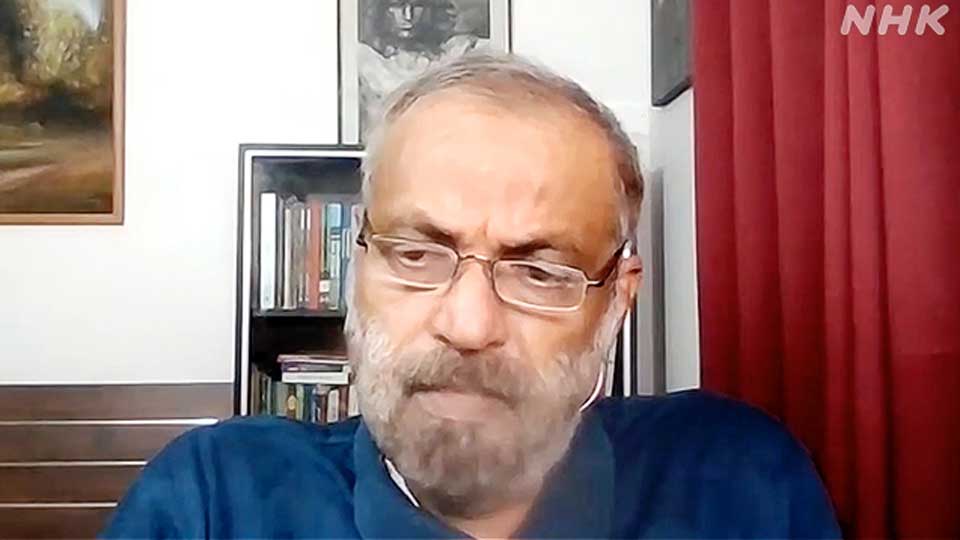
A mother's final regret
Subhadra has not yet recovered from the grief of losing her sons. She said she will never forget the last time she saw her eldest son Haran, 51, when he left home.
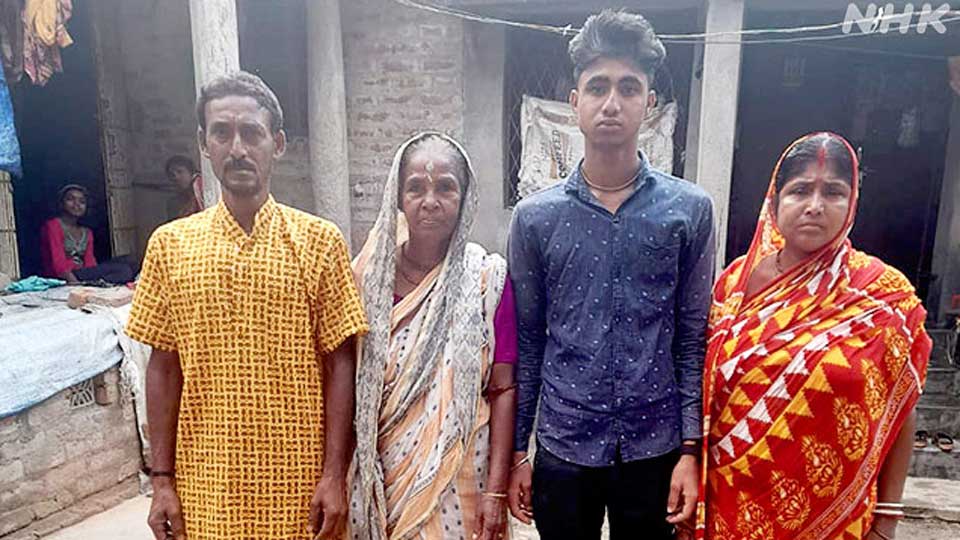
As Haran said goodbye and held her hand, he appeared to be a little tearful.
Subhadra now regrets not telling him, "Don't work yourself to death just to help us."
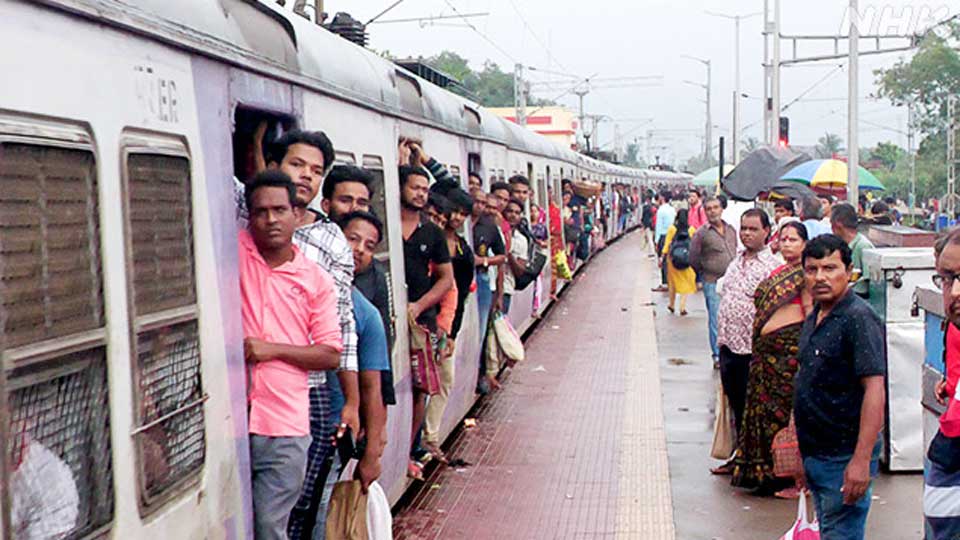
India's railways have played a key role in transporting poor people seeking a better life. But fatal accidents like the one in Odisha underscore the human price of rapid expansion without thorough safety measures.
